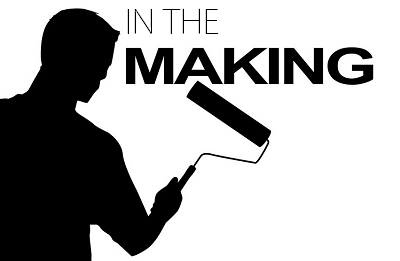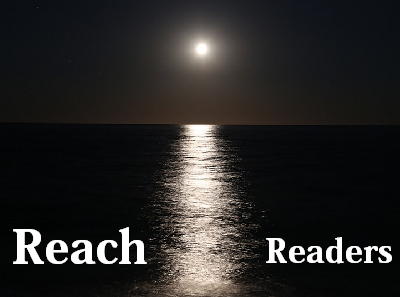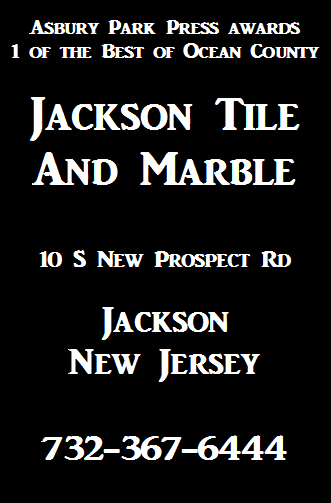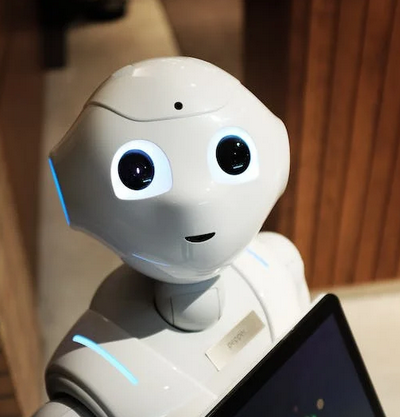
Ask anyone! Most interactive communication between people and machines have not been the most comfortable conversations. Some may describe these conversations as awkward exchanges. It's not surprising. They are machines.


Communication with machines may not be as awkward in the near future thanks to the remarkable innovation brought to you by OpenAI: ChatGPT. It is a generative pre-trained transformer with a natural and humorous way of interacting. Not much unlike other Chatbots, it is trained on many examples of text retrieved from the Internet; from which it makes probabilistic guesses regarding which bits of text belong together. Is it perfected? Not even close!
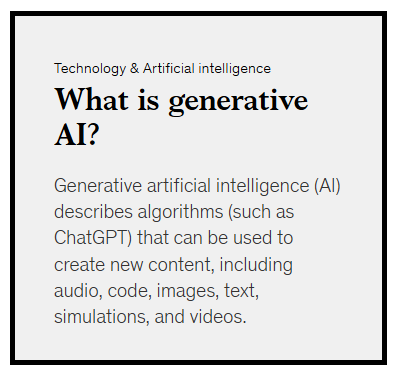
However, ChatGPT stands head and shoulders above competing Chatbots.

How so? Generative artificial intelligence (AI) can write software code. It's additionally capable of perfoming creative tasks such as composing poetry, music, translating over 100 languages and providing thought provoking answers to questions. One of them even passed a graduate level law and economics exam at George Mason University. How does it work? It describes algorithms used to create original content, including audio, code, images, text, remarkable simulations and quality videos, according to McKinsey-explainers.
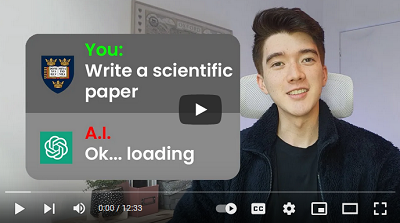
How can this breakthrough change the ways things are done? A study conducted at Oxford projects AI could replace almost half of U.S. Jobs. AI's evolved to a level of sophistication to perform work in the following fields: computer programming, copywriting, content production, legal work and even journalism; CNET has actually published over 70 stories written by ChatGPT.
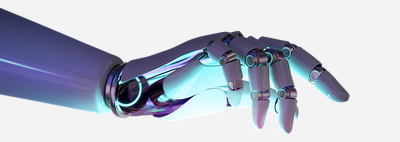
In the next few years, the majority of stories could be written by AI systems. Unlike the traditional software systems, AI systems with machine learning capabilities automatically improve as they absorb more data, learn from previous mistakes and inevitably evolve, as they become more experienced.

It may be useful for programmers eager to fix the small flaws found in their computer code. It also responds intelligently to open ended questions; posed for learning assignments. However, it has a mixed reaction within the intellectual community, since it may be intimidating for professors, teachers and trainers unsure how to devise writing assignment workarounds. Unwittingly, these systems are aiding students prone to cheating on exams because ChatGPT essays are original ones; at least in the sense that it does not recycle the previous essays. It renders anti-plagiarism software useless.

The language in the essays is sufficiently natural to deceive even veteren educators. It's been banned in school districts. People in these professions may be better served adapting to the evolving technology instead of trying to work around it. Perhaps more practical notions should be entertained. Why not consider evolving beyond the current systems in place? Perhaps there is a way to make ChatGPT part of the solution to the plagiarism problem that educators have been reportedly facing in their classrooms around the world.
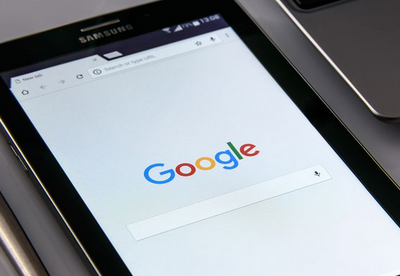
Who else is likely concerned about generative AI? Google administrators! While it's unlikely to pose an immediate competitive threat, consider that Microsoft has plans to fold the technology behind ChatGPT into their Bing search engine. Maybe this move is an attempt to challenge the search giants 85% hold on the global market for search. An objective comparison revealed ChatGPT’s responses were clearer and more comprehensive; in most of the comparative tests conducted. Rather than a listing of links, ChatGPT supplied an authoritative, conversational and natural response; almost immediately, which notably required no further scanning of websites, except the searches on contemporary matters. ChatGPT scans the same websites, as Google and it retrieves the same information. It is a really useful application with potential.

However, it’s not without its share of bugs at the moment. Sometimes the application supplies convincing responses that appear legitimate but are inaccurate! Nevertheless, Microsoft seems to be wagering that accuracy issues as well as questions over sourcing and attribution with Open AI's popular new chat technology are not unsolvable. If they're right, an AI-driven search for Microsoft may give Bing an added edge in the market for search. While ChatGPT is in development, visionaries view it as a promising asset with value in the market for search and the knowledge community it serves.
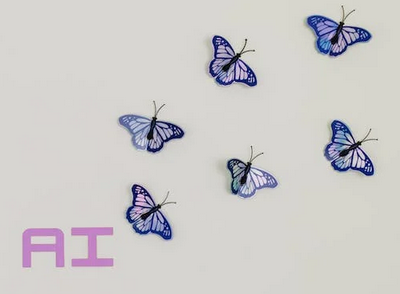
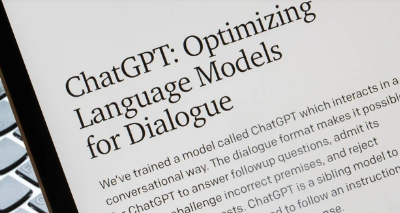
AI can change the world. Or at the very least the way we communicate in it.
Floor Covering Media publishes
blog articles called Flooring Briefs.

Floor Covering Media is
a social media network.

Retrieve timely, objective news and
information at https://www.floorsearch.info.





